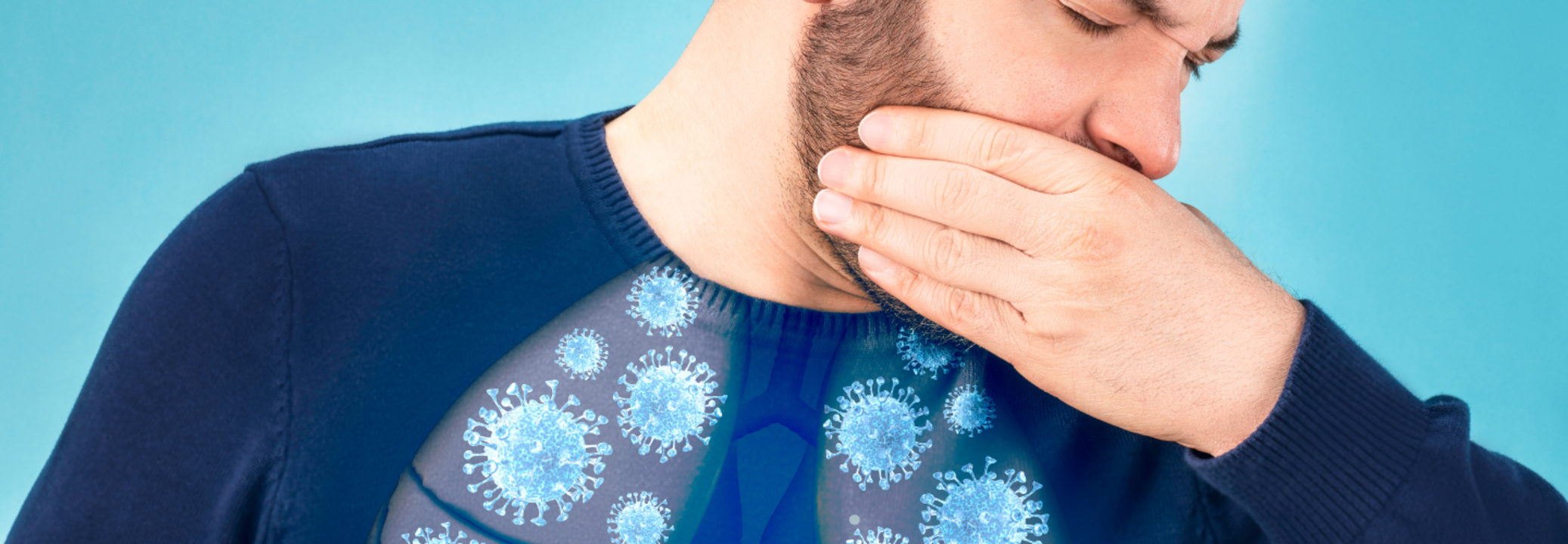Whooping Cough Cases At All Time High In The US

Credits: Canva
SummaryAs the U.S. faces another challenging year battling pertussis, public health experts continue to stress the importance of vaccination and early treatment to protect the most vulnerable members of the community.
End of Article
